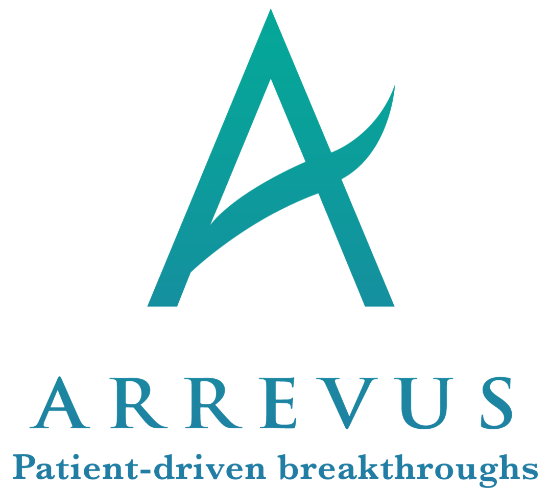
NCBiotech Portfolio Company Arrevus Lands Two Federal Grants Worth $800,000

Clinical-stage biotech startup Arrevus is continuing to make progress on multiple fronts in its bid to develop novel therapeutics for unmet medical needs.
The Raleigh-based firm recently landed two grants totaling roughly $800,000 to investigate its novel chaperone protein inhibitor, ARV-1502, for treating sepsis and for wound healing.
The first was a $300,000 grant from the National Institute of Allergy and Infectious Diseases for the sepsis indication.
Separately, it received $500,000 from the Department of Defense’s U.S. Army Medical Research and Development Command for the same inhibitor to accelerate wound healing.
Arrevus said both indications are associated with a very high unmet medical need.
“The clinical utility of engineered host defense peptides, such as ARV-1502, is a fertile area for development for both the commercial and military markets,” said Carl N. Kraus, M.D., founder and CEO of Arrevus.
The startup estimates 30% of U.S. in-hospital deaths are sepsis-related. Meanwhile, gram-negative bacterial-associated wounds result in “slow and poor recovery” of wounded military personnel.
Arrevus is pioneering a novel approach to target infections, sepsis and wound healing through its development of Designer Proline-rich Chaperone protein inhibitors (DPCs), with ARV-1502 as its lead compound.
Arrevus said ARV-1502 has been shown to have antimicrobial activity by inhibiting the bacterial chaperone protein, DnaK, while suppressing inflammation in multiple infectious disease animal models.
ARV-1502 has also been shown to accelerate healing in both infected and uninfected wounds using various animal wound models.
Kraus said Arrevus will be working closely with both the University of Florida’s Sepsis and Critical Illness Research Center and the University of Miami’s Department of Dermatology and Cutaneous Surgery to further characterize the potential of ARV-1502.
“As we have so clearly learned from the current pandemic, infectious disease is not merely a ‘drug/bug’ story but must integrate the host response into the healing equation,” he said. “Thus far, it seems that ARV-1502 may provide support for both pathogen elimination and improving the immune response to these clinical challenges.”
NCBiotech loan boosts another drug in the Arrevus pipeline
ARV-1502 is one of several therapies in the pipeline for this fledgling company.
Founded in 2015, Arrevus is developing novel therapeutics for unmet medical needs in areas with high treatment failure rates, few therapeutic options and serious outcomes.
That includes cystic fibrosis (CF), a progressive disease affecting approximately 30,000 people in the United States. Life expectancy is only into the mid- to late 30s.
In February, Arrevus confirmed that the U.S. Food and Drug Administration had granted an Orphan Drug designation to ARV-1801, its investigational sodium fusidate tablet to treat CF pulmonary exacerbations. These episodes, which occur often in CF patients, decrease lung function and increase the risk of death over time. There currently are no approved treatments.
The designation could potentially accelerate time to marketing approval, and includes the potential for orphan drug grants, tax credits, and seven-year market exclusivity upon marketing approval.
The North Carolina Biotechnology Center supported the company’s development of ARV-1801 with a $250,000 Small Business Research Loan in 2019.
“Cystic fibrosis patients have limited oral options to treat the frequent infections they encounter,” Kraus said at the time. “We are thrilled to have FDA’s support and we will continue our efforts to bring ARV-1801 to cystic fibrosis patients.”
Arrevus plans to conduct a Phase 2 clinical study to examine the effectiveness of ARV-1801 as a treatment for pulmonary exacerbations.
